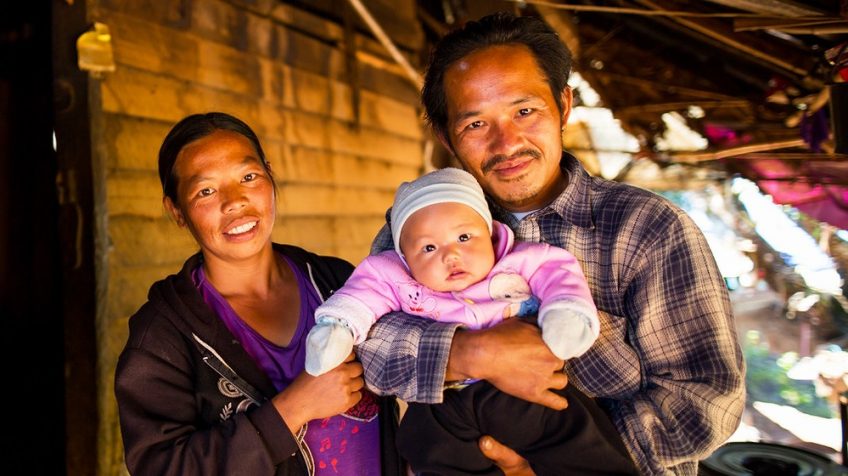The plan of action for the Third Decade focuses on issues on which strengthened operational and policy integration by the United Nations system could yield improved support to Member States priorities and capacity to pursue institutional and policy coherence. In that regard, a focus is proposed on promoting collaboration across the United Nations system on policy issues where an integrated approach has most salience and that addresses key issues in transforming development processes. Experience with existing system-wide plans of action can inform the identification of key objectives and core principles for collaborative inter-agency action.
The plan of action is founded on 10 basic principles that will guide the work of the United Nations system collectively and the individual contributions of system entities:
- Poverty is multi-dimensional in the forms it takes and its underlying causes, and new forms are emerging;
- Integrated economic, social and environmental policies are needed nationally and internationally;
- Sustained and inclusive economic growth that narrows inequalities is necessary and entails structural transformation to generate full and productive employment and decent work for all;
- Respect for internationally recognized human rights is an essential foundation for action;
- Gender mainstreaming is vital for policy design and implementation;
- Discrimination, marginalization and exclusion are major causes of poverty and the barriers to the full participation in society and the economy of poor people
and people in vulnerable situations, and must be removed; - Inclusion and empowerment of those left behind is a priority, targeting those furthest behind;
- The role of the United Nations is to support nationally owned strategies and strengthen capacities for the realization of internationally agreed development
goals and targets, including the Sustainable Development Goals, based on high quality research and the promotion of good governance, human rights and the rule of
law; - The United Nations development system organizations will bring together their special expertise and policy portfolios to focus on integrated system-wide action that enhances efficiency, coherence, impact and adaptability to emerging trends;
- Inclusive and strategic partnerships based on these principles will pull together resources and deliver action globally, regionally, nationally and locally.
Implementation Progress by Year
- UN Economic Commission for Africa (ECA)
2020 | 2023 | 2024 - UN Economic Commission for Latin America and the Caribbean (ECLAC)
2019 | 2020 | 2023 | 2024 | 2025 - UN Economic and Social Commission for Asia and the Pacific (ESCAP)
2019 | 2020 | 2023 | 2024 | 2025 - UN Economic and Social Commission for Western Asia (ESCWA)
2019 | 2020 | 2023 | 2024 | 2025 - Food and Agriculture Organization of the UN (FAO)
2019 | 2020 | 2023 | 2024 | 2025 - Joint United Nations Programme on HIV/AIDS (UNAIDS)
2020 | 2023 | 2024 - International Labour Organization (ILO)
2020 | 2023 | 2024 - International Organization for Migration (IOM)
2019 | 2020 | 2023 | 2024 | 2025 - UN Conference on Trade and Development (UNCTAD)
2019 | 2020 | 2023 | 2024 | 2025 - UN Development Programme (UNDP)
2019 | 2020 | 2023 | 2025 - UN Economic Commission for Europe (UNECE)
2019 | 2020 | 2023 | 2024 - UN Environment Programme (UNEP)
2019 | 2020 | 2023 | 2024 | 2025 - UN Population Fund (UNFPA)
2020 | 2023 | 2024 | 2025 - UN Human Settlements Programme (UN-Habitat)
2019 | 2020 | 2023 | 2024 | 2025 - United Nations High Commissioner for Refugees (UNHCR)
2019 | 2020 | 2024 - United Nations Office for South-South Cooperation (UNOSSC)
2023 | 2024 | 2025 - UN International Children's Fund (UNICEF)
2019 | 2020 | 2023 | 2024 | 2025 - United Nations Industrial Development Organization (UNIDO)
2019 | 2020 | 2023 | 2024 | 2025 - UN Women
2019 | 2020 | 2023 | 2024 | 2025 - World Food Programme (WFP)
2019 | 2020 | 2023 | 2024 | 2025 - World Health Organization (WHO)
2019 | 2020 | 2023 | 2024 | 2025
 |  |  |  |  |
 |  |  | 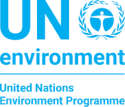 | |
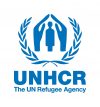 | 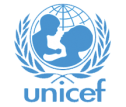 | 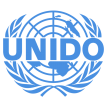 |  | |
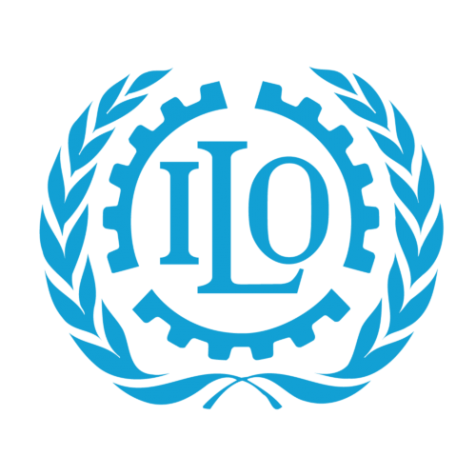 |  |  | 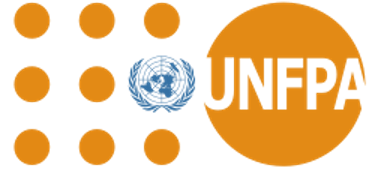 |  |
 |  |
 Welcome to the United Nations
Welcome to the United Nations
